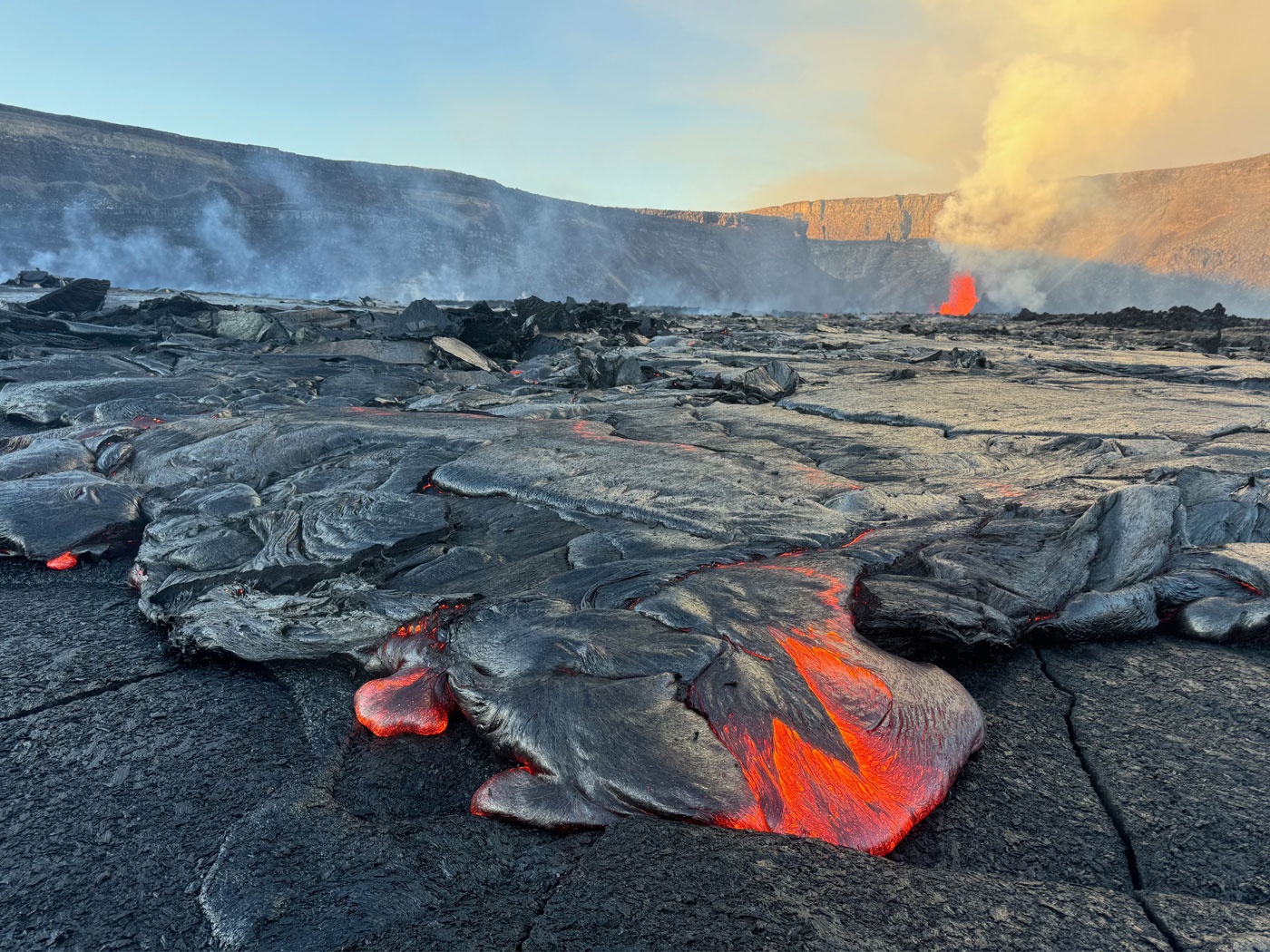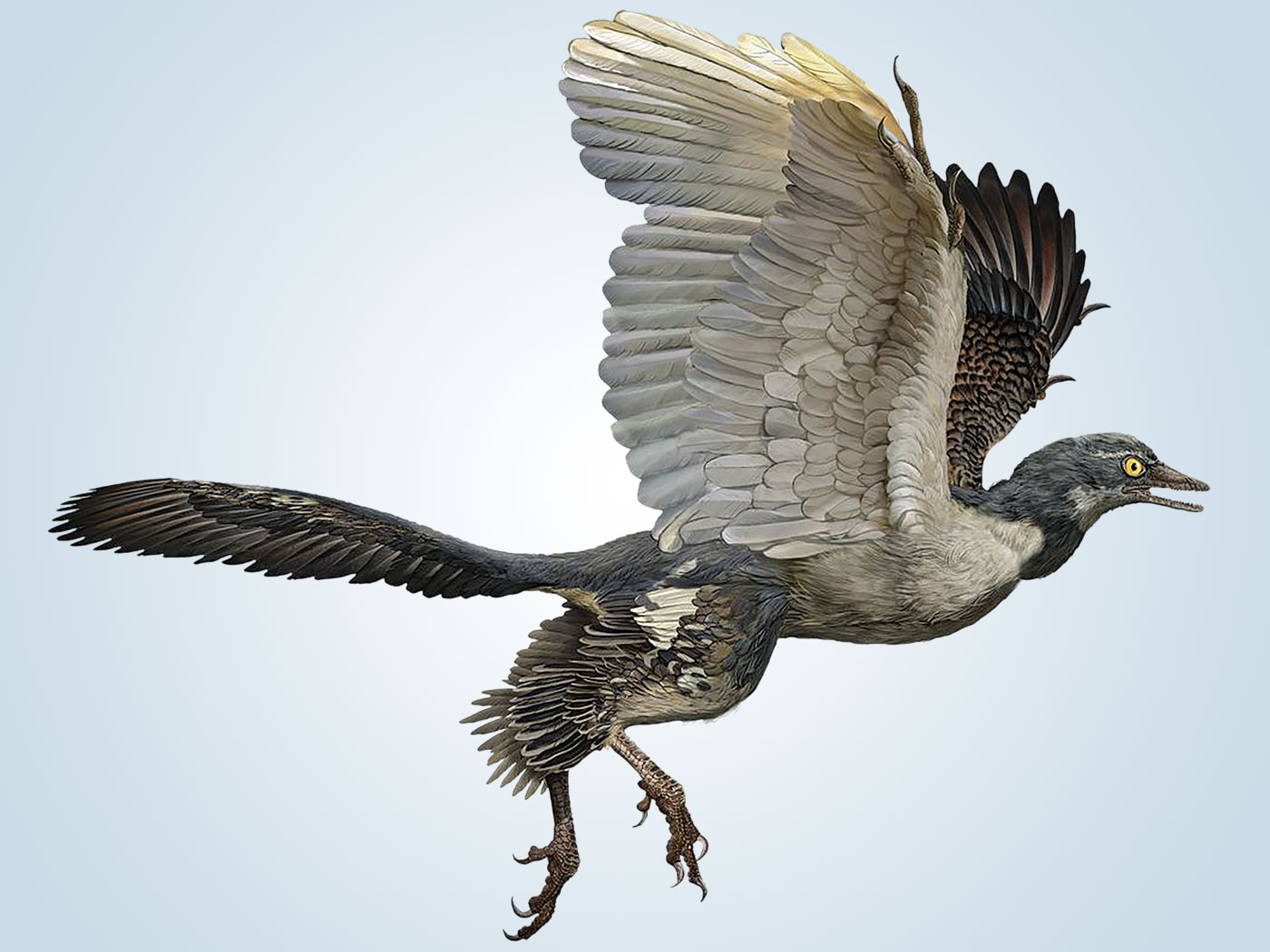The Imperatives of Redemption
by Henry M. Morris, Ph.D.
"From that time forth began Jesus to shew unto his disciples, how that he must go unto Jerusalem, and suffer many things of the elders and chief priests and scribes, and be killed, and be raised again the third day." (Matthew 16:21)
The little word "must" (Greek, deon) conveys urgency and necessity and is frequently used in connection with the redemptive work of the Lord Jesus Christ. When He was just a lad, He told His parents in the temple: "I must be about my Father's business" (Luke 2:49).
But then the first time this key auxiliary verb is found in the New Testament is in the comprehensive prophetic statement of His mission, as given to His disciples in our text. He must go to Jerusalem to suffer, and die, and be raised the third day. As He was moving toward that climactic event, "he said unto them, I must preach the kingdom of God to other cities also: for therefore am I sent" (Luke 4:43). Furthermore, "I must work the works of him that sent me, while it is day: the night cometh, when no man can work" (John 9:4).
He had much preaching and much work to do in that brief threeyear interim in world history. But then He must die!
And why must He die? Because "the scriptures must be fulfilled" (Mark 14:49). "These are the words which I spake unto you . . . that all things must be fulfilled, which were written in the law of Moses, and in the prophets, and in the psalms, concerning me" (Luke 24:44).
And how must He die? "As Moses lifted up the serpent in the wilderness, even so must the Son of man be lifted up" (John 3:14). But then, of course, "he must rise again from the dead" (John 20:9).
To what purpose must He be lifted up on the cross to die and then be raised again? Why, because "there is none other name under heaven given among men, whereby we must be saved" (Acts 4:12). HMM
This article was originally published September, 2010. "The Imperatives of Redemption", Institute for Creation Research, https://www.icr.org/article/5566/ (accessed March 05, 2026).











